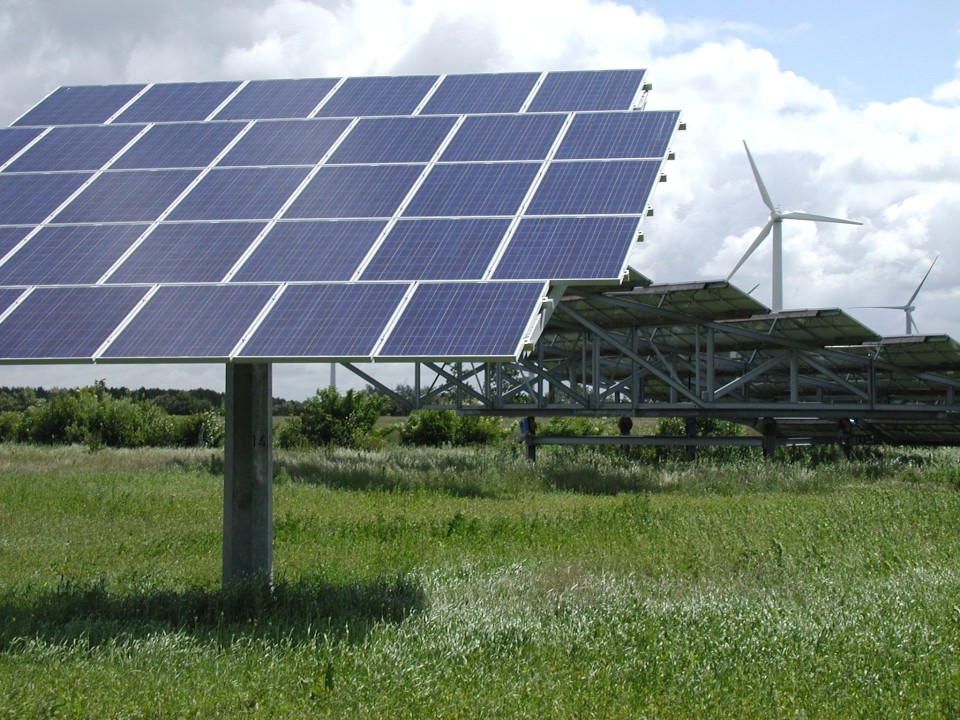- ZNES
- Team
- Professors
- Research associates
- Blohm, Marina
- Braunger, Isabell
- Büttner, Clara
- Corral-Montoya, Felipe
- Cußmann, Ilka
- Dettner, Franziska
- Epia, Carlos
- Esterl, Katharina
- Fleischer, Christian
- Freißmann, Jonas
- Fritz, Malte
- Furnaro-Lobos, Andrea
- Graser, Georg
- Hackenberg, Tabitha
- Hanto, Jonathan
- Hasan, Mominul
- Herpich, Philipp
- Hilpert, Simon
- Irmansyah Siregar, Yudha
- Koepchen, Marius
- Krumm, Alexandra
- Laros, Simon
- Müller, Ulf Philipp
- Quiceno Soto, Grace
- Sadat, Fahim
- Stognief, Nora
- Walk, Paula
- Weber, Samanta Alena
- Weishaupt, Tim
- Former colleagues
- Bohm, Sönke
- Boie, Wulf
- Born, Jens
- Boysen, Cynthia
- Bunke, Wolf-Dieter
- Günther, Stephan
- Jahn, Martin
- Kaldemeyer, Cord
- Köster, Hannah
- Md Nasimul Islam Maruf
- Movsessian, Maria
- Reincke, Kristian
- Sadat, Fahim
- Schirrmacher, Julia
- Stefan, Torsten
- Struve, Achim
- Söthe, Martin
- Wiechers, Eva
- Wingenbach, Clemens
- Wingenbach, Marion
- Witte, Francesco
- Research
- Publications
- Teaching
Climate & Energy Policy
- Focus on analyzes of concrete political instruments/modes of action
- Climate protection concepts and CO2 policies
- Fossil phase-out and security of supply
The research cluster "Climate and Energy Policy" deals with a socially just, ecologically sensible, economically justifiable and promptly implementable transformation of existing energy systems. The focus is on the analysis of specific energy and climate policy instruments and how they work with regard to technical, economic, social, institutional and legal/regulatory aspects and how these mutually influence each other.
Long-term climate protection concepts are developed for various target groups and scientifically supported in their implementation. Especially in the case of local climate protection concepts, the approach of integrated concepts involving all sectors and key players is pursued. When developing the concepts, great importance is attached to a participatory approach, which can ensure a high level of acceptance of the results and particularly high chances of implementation. The involvement of important actors from civil society in the development of local climate protection concepts is another important point of the approach being pursued.
Research is being conducted on global coal (market) dynamics and recommendations for action are being developed, consisting of new instruments and political and social strategies to accelerate the transition to a sustainable future. In addition to scientific research, the aim of the work is to transfer knowledge to the non-academic world in order to inform the general public about the relevance of the timely phase-out of coal and the increased use of renewable energies.

